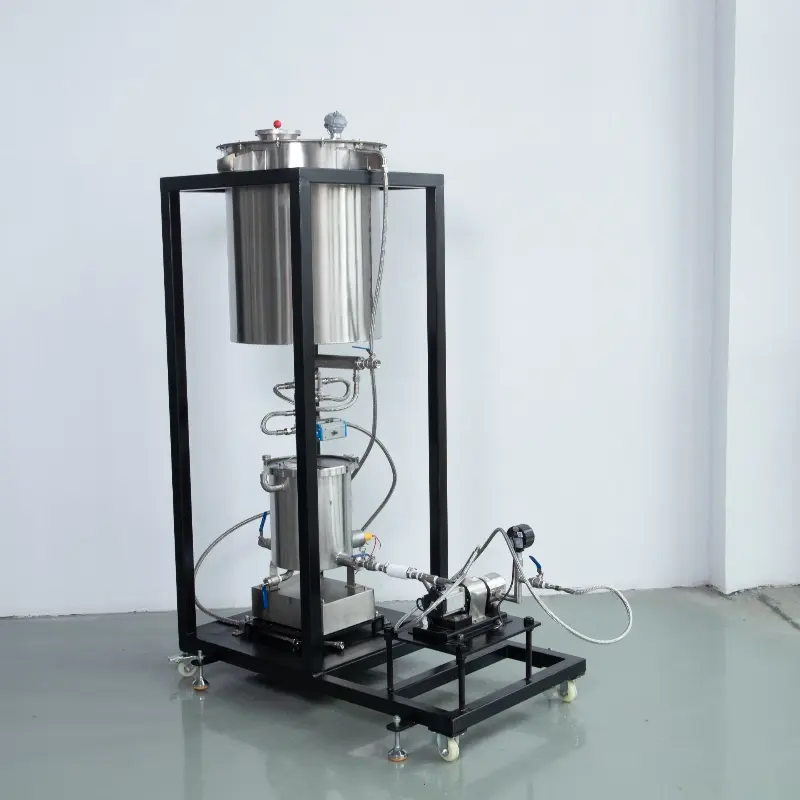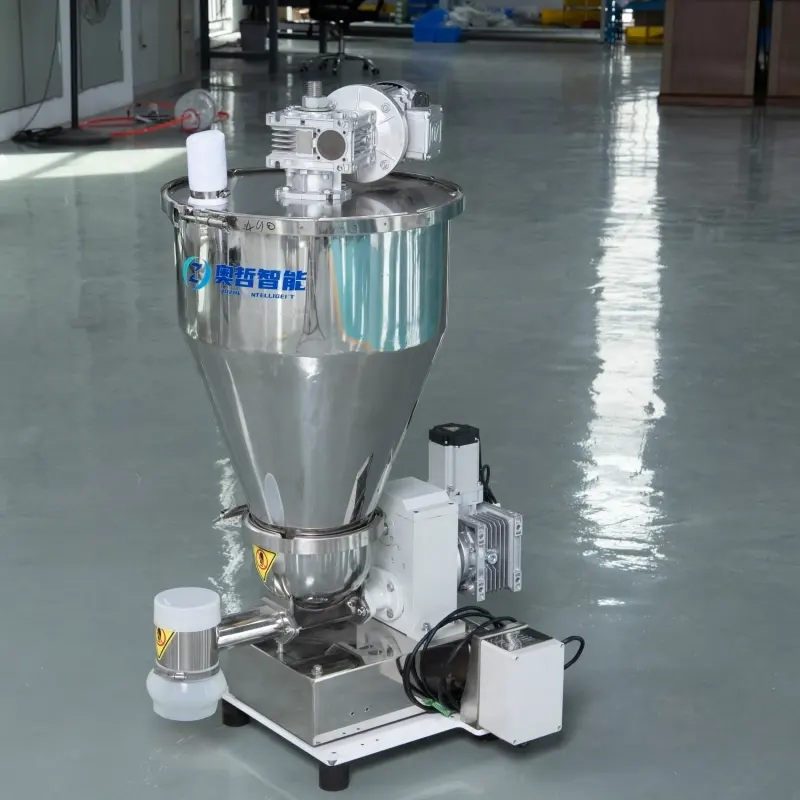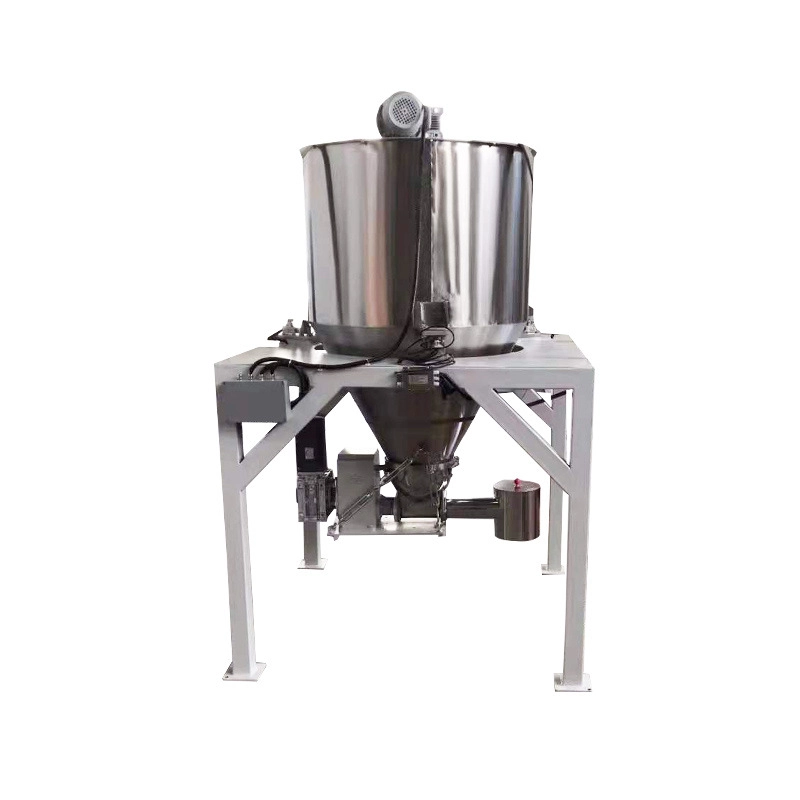Working Principle and Applications of Liquid Weight Feeders
Release time: 2025-08-25
Table of Contents
In modern industrial production, liquid weight Feeders are an indispensable and important piece of equipment.,which also can be configured with liquid heating.Their primary function is to precisely control and deliver liquids, making them widely used in a variety of industries, including food, chemicals, and pharmaceuticals. In this article, we will explore the working principles of liquid weight Feeders and their practical applications.
1. Working Principle
The operating principle of a liquid weight Feeder is relatively simple yet highly effective. Its core concept is to control the feed rate by monitoring the weight change of the liquid in real time. Specifically, the process can be divided into several steps:
- Liquid Input: When feeding is required, liquid flows from a tank or pipeline into a weighing vessel. This vessel is specifically designed to receive and weigh the liquid.
- Weighing Process: Liquid weight Feeders are equipped with highly sensitive load cells. As liquid flows into the vessel, the cell detects the increase in weight in real time, providing real-time weight data.
- Control System: The device typically includes a PLC (Programmable Logic Controller) that receives weight information from the cell. If the current weight approaches the set target weight, the control system adjusts the liquid flow rate.
- Dosing Stop: When the target weight is reached, the control system automatically stops the liquid flow to ensure the required amount of liquid is precisely controlled.
- Data Recording: Liquid weight Feeders can also record data from each dosing, which is invaluable for subsequent quality control and production optimization.
2. Application Areas
Liquid weight Feeders have important applications in a variety of industries:
- Food Industry: Precise formulation is crucial in food production. Innovative liquid weight Feeders ensure that ingredients for products such as beverages and sauces are accurately added in the desired proportions, ensuring consistent quality from batch to batch.
- Chemical Industry: In chemical production, precise material metering can reduce production costs and improve product quality. Liquid weight Feeders can automatically control liquid flow, reducing errors caused by manual operation.
- Pharmaceutical Industry: Pharmaceutical production requires extremely high raw material metering requirements. Liquid weight Feeders ensure the precise addition of pharmaceutical ingredients, helping to improve drug safety and efficacy.
- Plastics and Coatings Industries: In plastics and coatings manufacturing, precise dosing of liquid additives can improve product performance and reduce material waste.
3. Conclusion
In summary, a digital liquid weight Feeder is an efficient and precise liquid conveying and metering device. Through real-time monitoring and intelligent control, it helps various industries achieve high-quality production. With the advancement of science and technology, the technology of liquid weight Feeders is also constantly improving, and will play a vital role in more fields in the future. For businesses, investing in such equipment can not only improve production efficiency but also enhance market competitiveness.



